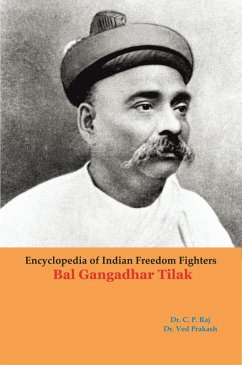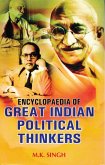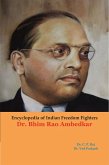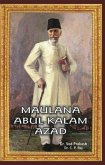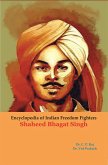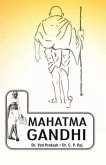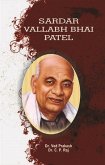Bal Gangadher Tila (July 23, 1856-August 1, 1920), was an Indian National, Social Reformer and freedom Fighter who was the first popular leader of the Indian Independence Movement and is known as "Father of the Indian Unrest." Tilak was one of the first and strongest proponents for Swaraj (complete independence) in Indian consciousness, and is considered the father of Hindu Nationalism as well. His famous quote, "Swaraj is my birth right, and I shall have it!" is well-remembered in India even today. Reverently Addressed as Lokmanya ( meaning "Beloved of the people" or "Revered by the world") Tilak was scholar of Indian History, Sanskrit, Hindusim, mathematics, law and astronomy. Tilak was so disappointed by the brutal incident of Jalianwala Bagh massacre that his health started declining. Despite his illness, Tilak issued a call to the Indians not to stop the movement no matter what happened. He was raring to lead the movement but his health did not permit Tilak suffered from diabetes and had become very weak by this time. I mid-July 1920, his condition worsened and on August I, he passed away. All the matter is just compiled and edited in nature. Tilak from the various sources which are in public domain. After Tilak,s death on August 1, 1920 on the first day of Gandhi's first non-cooperation campaign, Gandhi paid his respects at his cremation in Mumbai, along with 20,000,000 people. Gandhi called Tilak "The make of modern India". The court which convicted Tilak bears a plaque that sys, "The action of Tilak has been justified as the right of every individual to fight for his country.
Dieser Download kann aus rechtlichen Gründen nur mit Rechnungsadresse in A, B, BG, CY, CZ, D, DK, EW, E, FIN, F, GR, HR, H, IRL, I, LT, L, LR, M, NL, PL, P, R, S, SLO, SK ausgeliefert werden.

